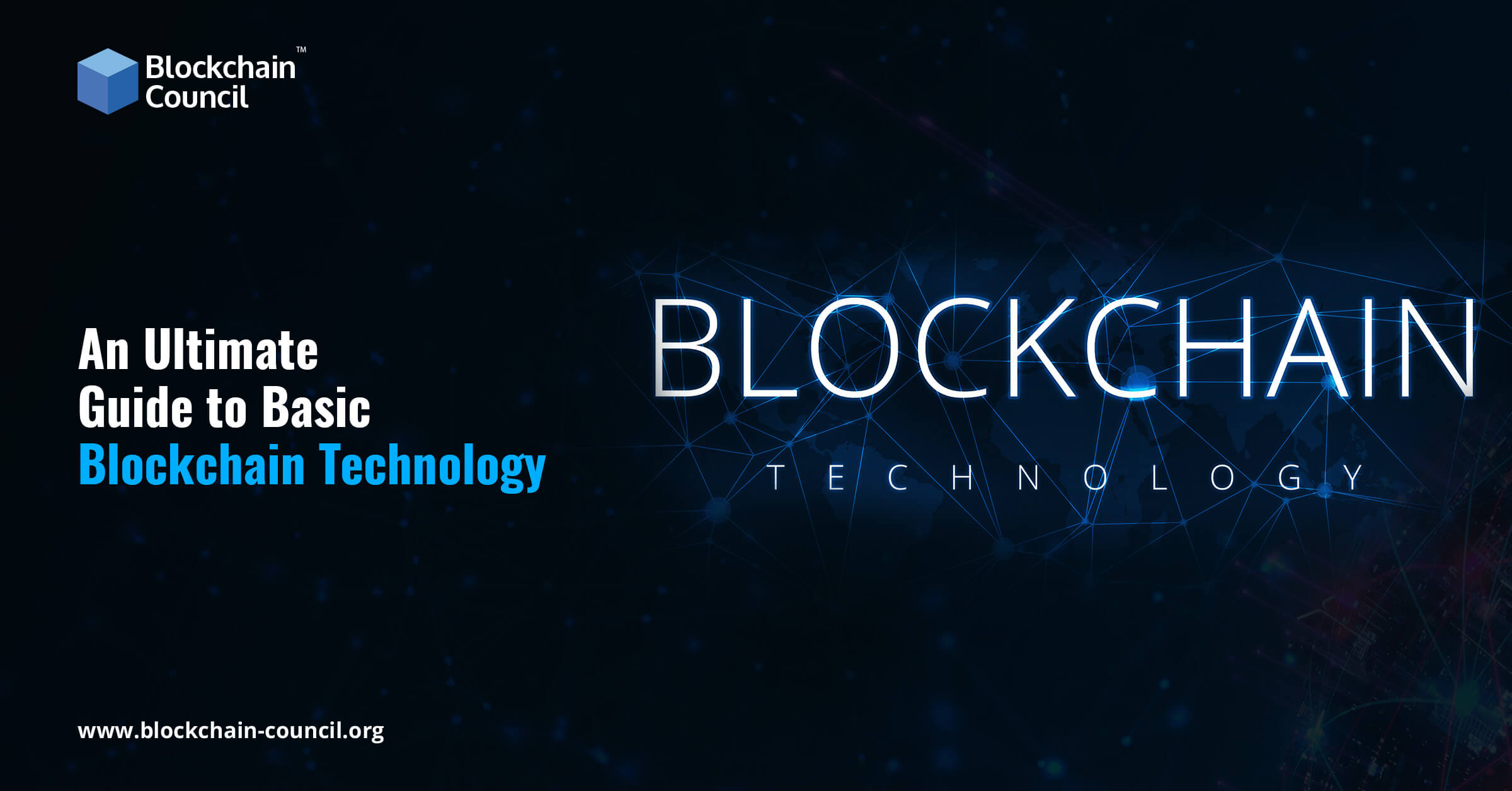
- Toshendra Kumar Sharma
- November 25, 2019
Blockchain, as we know, is a distributed database that is a decentralized, digital ledger shared over a large computing network. Each computer on the network has a shared copy of the ledger and can access it at any time but cannot alter or delete any record or information stored on a blockchain. Each block in the blockchain is a piece of data that has been mathematically encrypted using cryptography. There are numerous protocols that are needed before for each block to be validated. There is no single point of failure in a blockchain as it has a complex and highly encrypted design. Hackers cannot crack one computer code for stealing data. Every node on the blockchain would need to be attacked simultaneously. This implies that a blockchain platform is effectively unhackable.
In this article, we will analyze the ways in which blockchain-enabled processes influence the way industries work. Let us start by analyzing the potential value of blockchain.
Potential Value of Blockchain
Studies conducted by MIT Sloan Management asserted that blockchain technology will disrupt the fundamental nature of the global economy, and this will include major changes such as:
- How companies create value
- How organizations are funded and managed
- There will be some cases where advanced software will eliminate the need for several management functions.
- How businesses perform basic functions such as accounting, marketing, and incentivizing people
Blockchain is still in its infancy, though it is rapidly gaining momentum. Huge investments are made in this technology with venture capital funding in blockchain startups increasing every year.
How Does Blockchain Impact the Global Market?
So, what are the various ways in which blockchain impacts the global market? Let us analyze this aspect from the point of view of various industries.
1.Human Resources
Human resources professionals functions such as planning, coordinating, and directing the interviewing, recruiting, and hiring of new staff. HR professionals consult with top professionals regarding strategic planning, and often handle duties related to employee relations and also those tied to training, benefits, and compensation. Though human resources largely rely on the human aspect, there is a lot of technology that goes behind retaining, evaluating, hiring, compensating, and terminating employees.
According to the Society of Human Resource Management, blockchain will soon modernize hiring. This will allow HR professionals to quickly verify the credentials of both job candidates and existing employees. The association also predicts that blockchain-enabled processes might “reduce the chances of third-party companies providing inaccurate historical data about a candidate or existing employee since those individuals would have greater input and control over data that’s already been verified by multiple parties.”
Blockchain processes will affect payroll systems and blockchain will be able to handle the back-end work for simplifying and standardizing payments in multiple currencies.
2. Accounting
This is a textbook case study for a business field that stands to benefit from the blockchain platform. The need for accuracy and precision is paramount in accounting. There are many challenges that come with managing businesses in far-flung locations, and the tax code is also overwhelmingly complex. The transparency of blockchain provides visibility to all transactions for approved users. It also reduces the auditor’s job of validating and sampling transactions. Blockchain technology reduces the potential for fraud and manipulation. Blockchain has the potential to disrupt the $260 million annual global lottery market by providing confidentiality and anonymity for providers and participants alike. Prime Ball, managed by Ethereum smart contracts, will be one of the first transparent and fully decentralized lottery platforms based on blockchain technology. The winning results will be publicly distributed and recorded on the Ethereum blockchain without involving any third party. This model is a major shift in such an industry where scratch-off tickets and pencil-filled payslips are very common.
3. Management and Operations
Blockchain is changing the way companies are doing business. This technology is creating new opportunities and operational efficiencies in developing markets where political instability, hyperinflation, and corruption that have frightened many entrepreneurs away. Eastman Kodak founded 120 years ago, is trying to reinvent itself with its new blockchain venture in this ear of smartphones. The KODAKONE management platform will be an encrypted, digital ledger of rights ownership. Photographers will now be able to register their new and archived work and license it using the platform. This will allow professionals to take part in a new economy for photography and offer their work on a secure platform.
Conclusion
For the early adopters and evangelists of the blockchain platform, it seems a lot like the Silicon Valley of the early 1990s: a potent combination of great ideas and a strong sense that the internet will change everything. The potential offered by blockchain is the same. The practical applications of blockchain are limited only to the imagination and effort of the visionaries and entrepreneurs who use blockchain to transform their companies for the better. Leaders making strategic moves will heavily benefit from the upheaval and disruption of traditional business models.
To learn more about blockchain certifications, check out Blockchain Council.





































































 Guides
Guides News
News Blockchain
Blockchain Cryptocurrency
& Digital Assets
Cryptocurrency
& Digital Assets Web3
Web3 Metaverse & NFTs
Metaverse & NFTs
